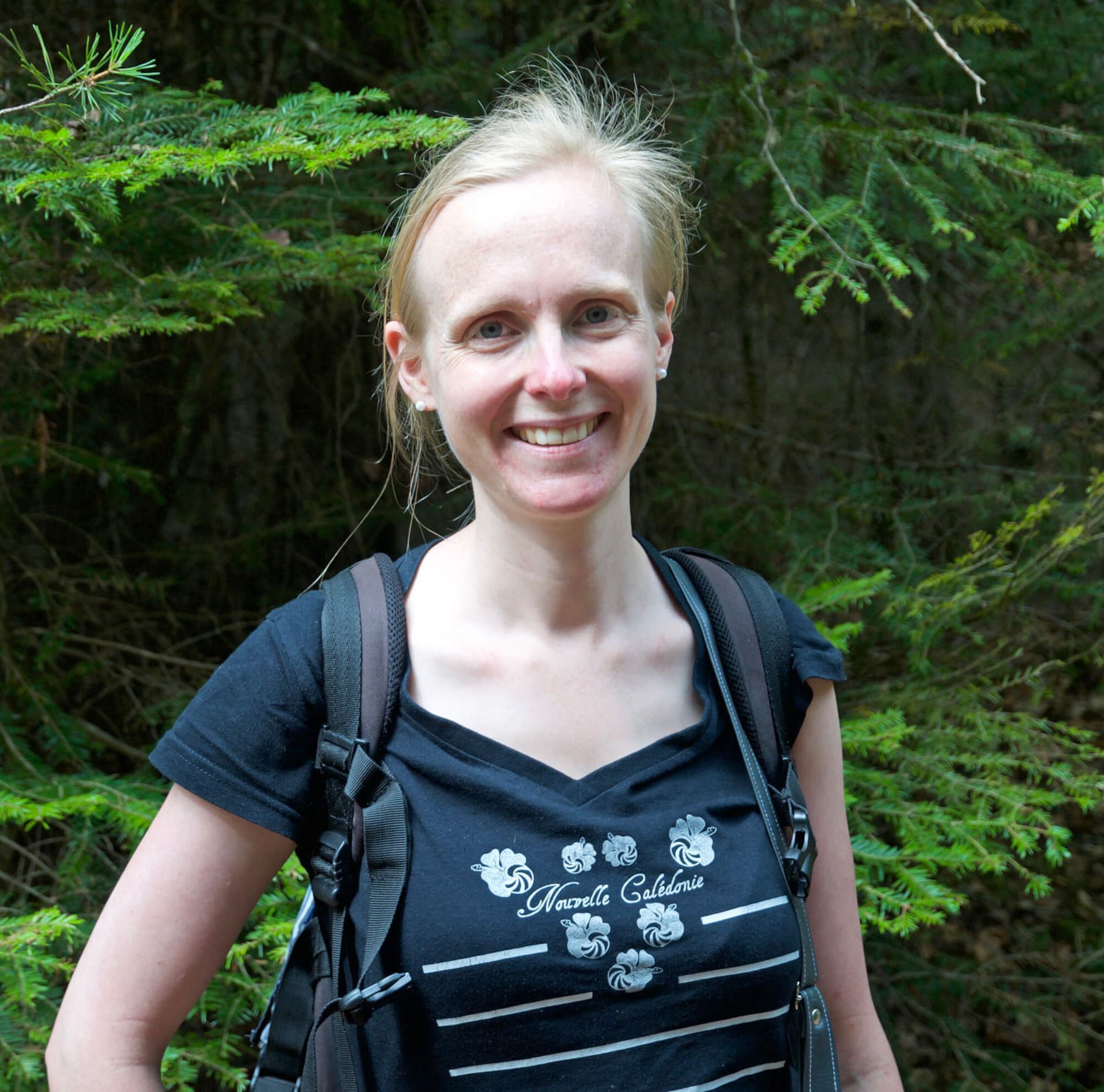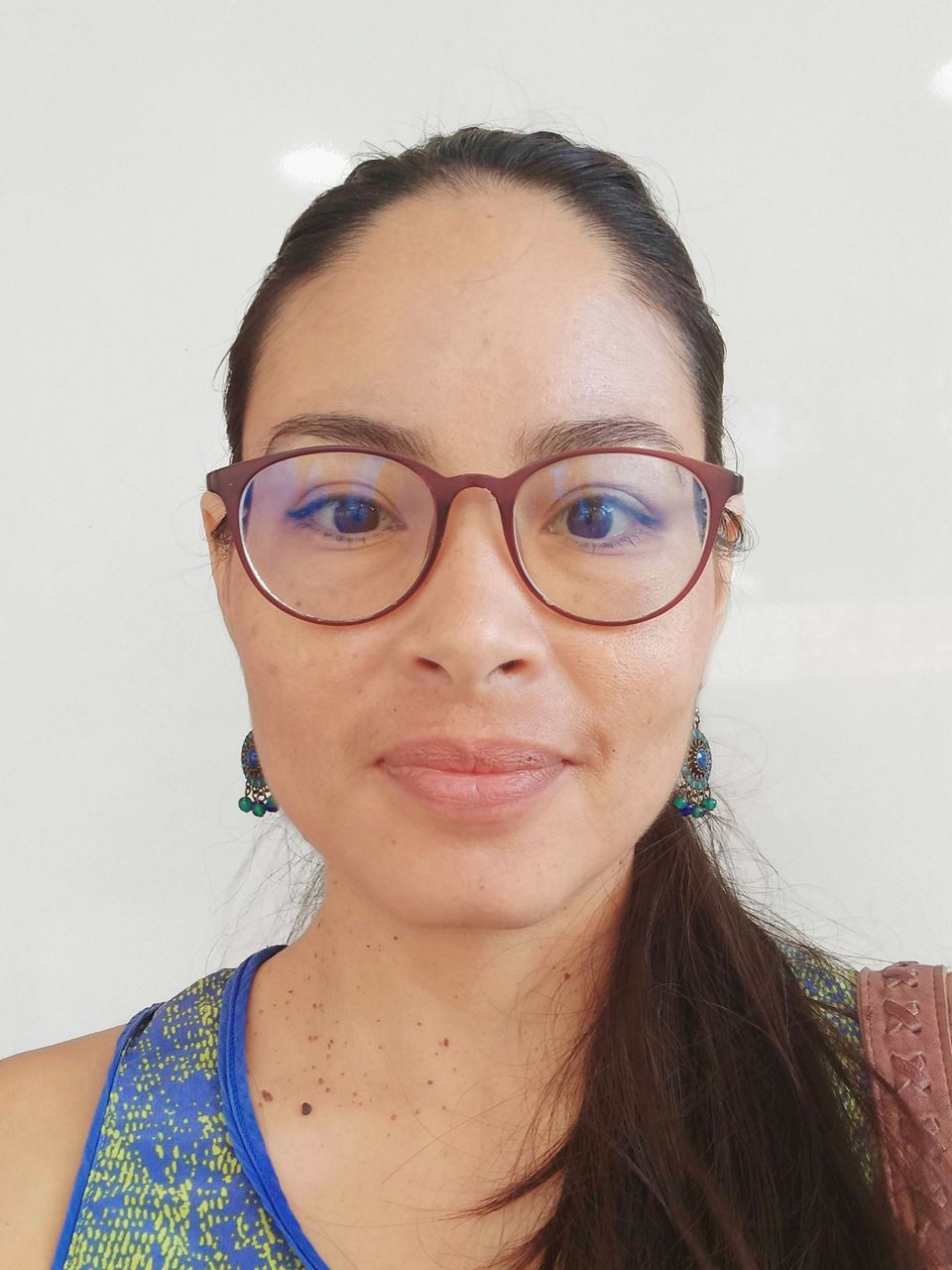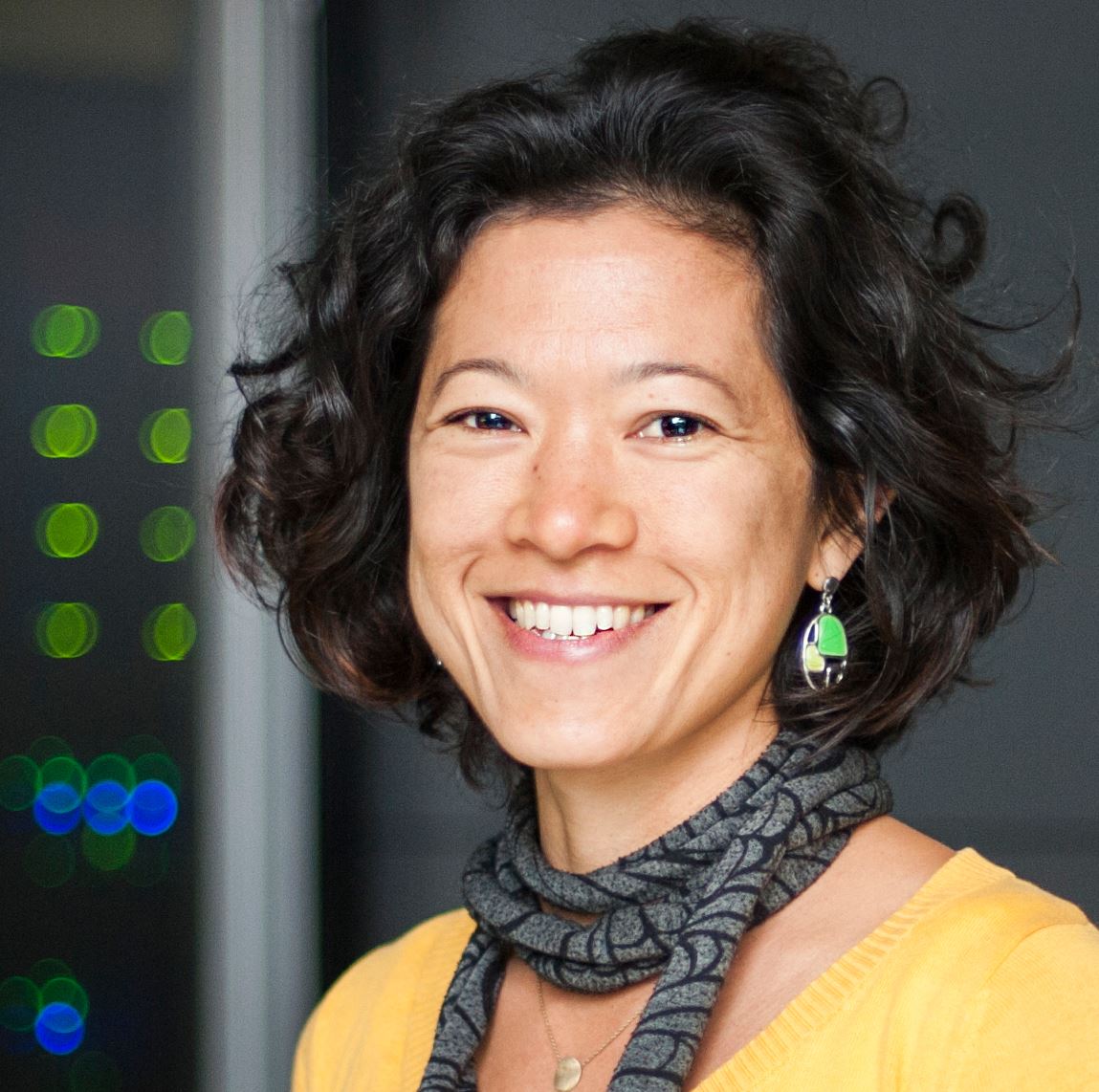The SSA Canberra and Victoria Branches, SSA Statistical Computing and Visualisation Section and Australian Research Data Commons are proud to host the panel session on:
Research software engineers: how will they shape statistics?
A growing number of people in academia combine their (perhaps informally trained) programming skills with their research expertise. This led to the establishment of the UK Research Software Engineering Association in 2013, which coined the term “Research Software Engineer” (RSE) to represent this community. RSEs do not have to have a formal training in software engineering and are often embedded across different disciplines, without perhaps being named as RSEs.
Research software are key pillars that underpin the modern landscape of statistics and data analysis, yet those who develop these tools often lack formal recognition or reward in the academic system. Does the academic system need to be modified to retain these talents? If so, how should the research and education system be modified to accommodate the growth of RSEs? How will RSEs contribute to shaping the field of statistics?
The Panel
We are pleased to have a diverse panel of experts to discuss about the RSEs and their possible impact on the field of statistics. This event will be discussion-driven with no talks, so do bring any questions you were curious about!
- Maëlle Salmon (R OpenSci)
- Paula Andrea Martinez (Australian Research Data Commons).
- Thomas Lumley (University of Auckland)
- Nick Golding (Telethon Kids Institute, Curtin University)
Chaired by Kim-Anh Lê Cao (University of Melbourne).
Maëlle Salmon
 Maëlle Salmon is a R(esearch) Software Engineer, part-time with rOpenSci where she, among other things, maintains the guide rOpenSci Packages: Development, Maintenance, and Peer Review. She also created the R-hub blog and co-wrote the book HTTP testing in R with Scott Chamberlain. She regularly contracts for various organizations, including research institutions, for developing or strengthening R packages. Maëlle has a PhD in Statistics. She lives in Nancy, France. Maëlle on GitHub, Twitter, Website.
Maëlle Salmon is a R(esearch) Software Engineer, part-time with rOpenSci where she, among other things, maintains the guide rOpenSci Packages: Development, Maintenance, and Peer Review. She also created the R-hub blog and co-wrote the book HTTP testing in R with Scott Chamberlain. She regularly contracts for various organizations, including research institutions, for developing or strengthening R packages. Maëlle has a PhD in Statistics. She lives in Nancy, France. Maëlle on GitHub, Twitter, Website.
Paula Andrea Martinez
 Paula Andrea Martinez is the ARDC Software Project Coordinator and ReSA Community Manager. She is leading projects of the Software Program to See, Shape and Sustain research software. She is a co-chair of the international FAIR4RS working group, co-host of the Visible Research Software interest group, and Steering Committee member of the RSE AUNZ association. She has developed strategic planning and work packages to lead change in the recognition of research software as a first-class scholarly output of research. After completing a PhD in applied bioinformatics she transitioned from being a research software engineer to a trainer, then advocate of research best practices, and now working on incentivising policy implementation to recognise authors of research software.
Paula Andrea Martinez is the ARDC Software Project Coordinator and ReSA Community Manager. She is leading projects of the Software Program to See, Shape and Sustain research software. She is a co-chair of the international FAIR4RS working group, co-host of the Visible Research Software interest group, and Steering Committee member of the RSE AUNZ association. She has developed strategic planning and work packages to lead change in the recognition of research software as a first-class scholarly output of research. After completing a PhD in applied bioinformatics she transitioned from being a research software engineer to a trainer, then advocate of research best practices, and now working on incentivising policy implementation to recognise authors of research software.
Thomas Lumley
 Thomas Lumley is a Professor of Biostatistics at the University of Auckland and a member of R Core. Thomas has been writing statistical and graphics software in a variety of languages for other people to use since high school. He maintains the 'survey' package for R and wrote software for genome-wide association analysis at the Cardiovascular Health Research Unit in Seattle.
Thomas Lumley is a Professor of Biostatistics at the University of Auckland and a member of R Core. Thomas has been writing statistical and graphics software in a variety of languages for other people to use since high school. He maintains the 'survey' package for R and wrote software for genome-wide association analysis at the Cardiovascular Health Research Unit in Seattle.
Nick Golding
 Nick Golding currently calls himself an infectious disease modeller and spends his time developing analyses to support control of COVID-19 and malaria. He is a part-time epidemiologist, part-time ecologist, and part time statistician, and tying together this hodge-podge of research fields is Research Software Engineering. Nick is the author of over 20 pieces of research software in R to implement these methods, including the Bayesian modelling R package greta.
Nick Golding currently calls himself an infectious disease modeller and spends his time developing analyses to support control of COVID-19 and malaria. He is a part-time epidemiologist, part-time ecologist, and part time statistician, and tying together this hodge-podge of research fields is Research Software Engineering. Nick is the author of over 20 pieces of research software in R to implement these methods, including the Bayesian modelling R package greta.
Kim-Anh Lê Cao
 Associate Professor Kim-Anh Lê Cao develops novel methods, software and tools to interpret big biological data and answer research questions efficiently. She is committed to statistical education to instil best analytical practice.
Associate Professor Kim-Anh Lê Cao develops novel methods, software and tools to interpret big biological data and answer research questions efficiently. She is committed to statistical education to instil best analytical practice.
Kim-Anh has a mathematical engineering background and graduated with a PhD in statistics from the Université de Toulouse, France. She then moved to Australia to forge her own non-linear career path as a multi-disciplinary collaborator, both as a biostatistician consultant at QFAB Bioinformatics, and as a research group leader at the biomedical University of Queensland Diamantina Institute. She currently continues her strong research focus at the University of Melbourne. Kim-Anh has secured two consecutive NHMRC fellowships and received the Australian Academy of Science’s Moran Medal for her contributions to Applied Statistics in 2019. She was selected to the international Homeward Bound leadership program for women in STEMM, culminating to a trip to Antarctica.
